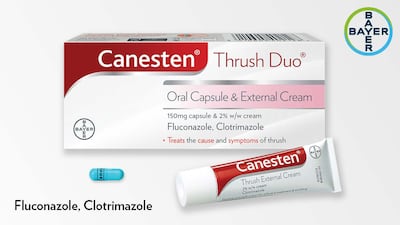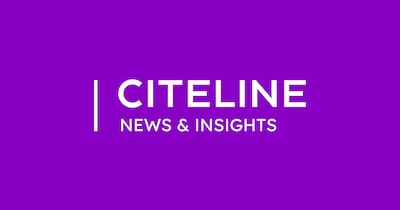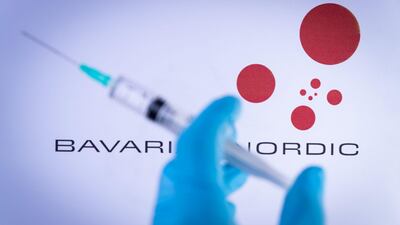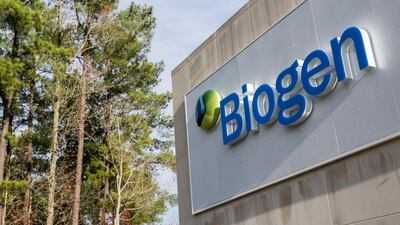Commercial
In this week’s Digital Health Roundup, Medtech Insight’s Ryan Nelson highlights Click Therapeutics’ FDA-cleared digital therapeutics (DTx) for depression and Sinaptica Therapeutics’ personalized neuromodulation for Alzheimer’s patients. Marion Webb discusses her interview with MindMaze’s John Krakauer on their gaming-focused DTx to help people recover from serious brain injuries. Elizabeth Orr introduces new voting members of the new Digital Health Advisory Committee and Natasha Barrow discusses Hello Heart’s new symptom-tracking feature in their heart-focused app.
In this week’s Digital Health Roundup, Medtech Insight’s Ryan Nelson highlights Click Therapeutics’ FDA-cleared digital therapeutics (DTx) for depression and Sinaptica Therapeutics’ personalized neuromodulation for Alzheimer’s patients. Marion Webb discusses her interview with MindMaze’s John Krakauer on their gaming-focused DTx to help people recover from serious brain injuries. Elizabeth Orr introduces new voting members of the new Digital Health Advisory Committee and Natasha Barrow discusses Hello Heart’s new symptom-tracking feature in their heart-focused app.
Pipelines in bioconjugates continue to develop, from ADCs to XDCs, with radionuclide drug conjugates (RDCs) and antibody-oligonucleotide conjugates (AOCs) leading the expansion.
Companies stand a better chance of securing public reimbursement in Mexico for innovative medicines if they understand changing approaches to healthcare. The shift means the emergence of managed entry agreements and a focus on economic impact, explains AMIIF, Mexico's research-based pharmaceutical industry association.
When a large medtech company sets up a venture fund, it typically invests in technologies that are adjacent to its pre-existing portfolio. Intuitive Surgical’s approach is different.
Green Pharmaceuticals’ SnoreStop Nasal Spray, previously marketed as “NasoSpray,” still is available even though agency officials on multiple occasions for a month recommended a recall after an April inspection found “gross microbial contamination” in one lot.
Cipla reports highest ever quarterly revenues in the US, a market that’s seeing lower “price compression” amid sell-offs, bankruptcies and a rebalancing of the supply chain. The firm’s portfolio has a “lot of steam” left to be unlocked and it’s also keeping an eye on the impact of the tornado-hit Pfizer site on supplies.
The sixth annual edition of In Vivo’s Rising Leaders features entrepreneurs, academics, lawyers, regulators and innovators from around the globe, representing the forefront of creativity in health care.
The company will ramp up manufacturing of its Jynneos vaccine to meet demand in worst-affected African countries and stockpiling richer nations.
The nod will help unlock a national market for the partners’ Dupert (fulzerasib) in which roughly 50,000 people are expected to be newly diagnosed with lung cancer harboring the KRAS G12C mutation in 2025. Meanwhile, two other homegrown rivals are also closing in on marketing clearances in China.
2030 sales forecasts for Novo’s obesity hope are an order of magnitude larger than its closest rival among 2025’s expected debutantes.
Tarsus Pharmaceuticals is putting more sales and marketing heft behind its novel eyelid disease therapy, Xdemvy, to capitalize on a solid start in a previously untapped market.
The commercial implications of the miss are hard to call, but separate trials could offer hope.
CEO Bill Anderson would not be drawn on whether the drug, currently approved for chronic kidney disease associated with type 2 diabetes, will hit a previous forecast of €3bn peak sales, but expansion into heart failure may make that figure look conservative.
The specialist pharma company hopes demand for mpox vaccines will help establish its vaccine platform, but cash and investor confidence remain in short supply.
Johnson & Johnson’s drug for treatment-resistant depression got off to a slow start when it launched in 2019, but strong sales growth has put it on a blockbuster trajectory this year.
As it posts third-quarter numbers that again reveal the decline of revenues from its multiple sclerosis portfolio, the US biotech major is entering into the hot area of targeted protein degradation to boost its immunology and neurology pipeline.
Biopharmaceutical giant AstraZeneca has partnered with start-up “unicorn” Owkin to develop an AI-powered tool to prescreen for gBRCA mutations on the basis of morphological features in digitized pathology slides. Built on extensive, high-quality data sourced from the France-based PortrAIt consortium, the AI will help to prioritize patients for further testing, streamlining the diagnostic process, Owkin says.
An additional $50m brings the neurovascular intervention specialist’s total Series F funding to $82m. Route 92 says it will use the capital to build its sales and support teams and pursue regulatory authorizations around the globe for its FreeClimb portfolio while advancing its SUMMIT MAX clinical trial for the investigational Monopoint Reperfusion System.
<p>Executive Summary</p> <p>An interactive look at recent executive-level company changes and promotions in the medical device and diagnostics industries.</p>
ADVERTISEMENT

![Spotlight On RDCs, AOCs As Leading Novel Bioconjugates[Updated]](https://web.insights.norstella-labs.com/resizer/v2/3M7ZAWZOBNK7NG4A4WDOIFG6DU.jpg?auth=392a1fdb3cfacb29445720c412410e598dbcc5f90f14857652cd498bd0faa0fb&width=400)
















